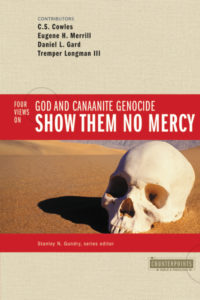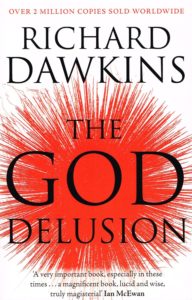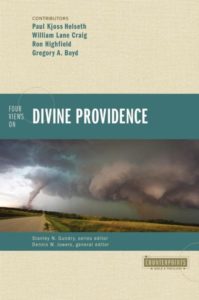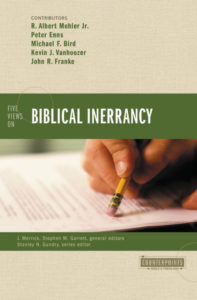This article is part of a progression

Year Published
1990
Authors
Topics
Synopsis
Overall Rating
Final Thoughts
Young Earth Creation relies more on philosophy and metaphorical reasoning than science.
Year Published
1990
Authors
Topics
Synopsis
Final Thoughts
Overall Rating
Young Earth Creation
The most widely held belief within the Christian community is “presented” first. (I will explain the quotes later). This viewpoint is that God created the world in six literal days (on the seventh he rested) no more than 8,000 years ago. There was no earth or universe before this point in time. This belief takes the reading of Genesis (in English) as literal as possible. But is it the best view?
When I read books like this, I want the authors of each section to gives me the facts and evidence that convince them their position is right. From there I can take it all in and come to my own conclusion. The authors of this section don’t do that. They spend the whole chapter arguing, philosophically, why the other positions have problems and shouldn’t be accounted for. If you can’t articulate why you believe what you (beyond that the other positions have issues to wrestle with) then why do you even believe it? And why should I?
Beyond that, the authors make some really terrible points. Let’s look at the point they make about Noah. They state that most historians believed Noah to be a literal person. If we find out that he wasn’t, they believe God wrote poorly that people misconstrued his words. How does that even follow? There are other passages in the Bible that people believed to be true (the Earth being flat, the Earth being the center of the universe, there being water above and below the earth) but we don’t accuse God of poor writing when we discover those things to be untrue. We discover the nature of God and His communication in those instances.
This one makes me laugh. They state at one point that God is absolutely free, which is true. God can do whatever He wishes. They state that He could have created the universe through evolution or through quick creation and neither should be ruled out immediately (which I agree with. We must first take all the information in and decide from there). One point later they state that the Bible is true (which I also agree with). However, they so far as to say that if the Bible says it happened then it 100% happened. While this may be the case, they continue to say that they don’t believe the Bible would use numerous false stories to convey a message. Have they not read the numerous parables in the Bible? Jesus teaches primarily in false stories. (Granted, His disciples knew they were not true stories, but that would be splitting hairs. Perhaps people in ancient times understood certain parts of the Bible that we take literally as similar to parables. We don’t know.)
Later they quote Galileo’s statement about interpreting the scripture to fit what we know in science. They argue that that’s not what we should do as Bible believers. However, I bet they don’t still think the earth is round and stationary, and that slaves are acceptable. As culture and knowledge change our understanding of the Scriptures must change with it. Why? Because God wrote the Bible to certain people at a certain time. Much like I’m writing this to you in 2015, I will use different language and knowledge that will have changed by 4015. If someone were to find this, they would have to understand it as being written to certain people in a certain time and make sense of it using what we would have understood at known, not by what they know. The same goes for us when we read the ancient Biblical texts. God speaks to people in their own ways that they’ll understand.
The best point they made was that hard stances in any position should be taken with caution as we simply don’t know certain things. All the views have merits and problems and recognizing that is the beginning of working to find the truth. We can know what we personally believe, but that doesn’t make it fact without knowing for sure.
Ultimately, though, this chapter was far from convincing in why young earth creationism is the most plausible account of Creation. They presented no evidence (Biblical or scientific) and spent the entire time arguing about philosophies of science and how we interpret the Bible (most of which were pretty poorly presented.) Let’s see what the next chapter holds.




